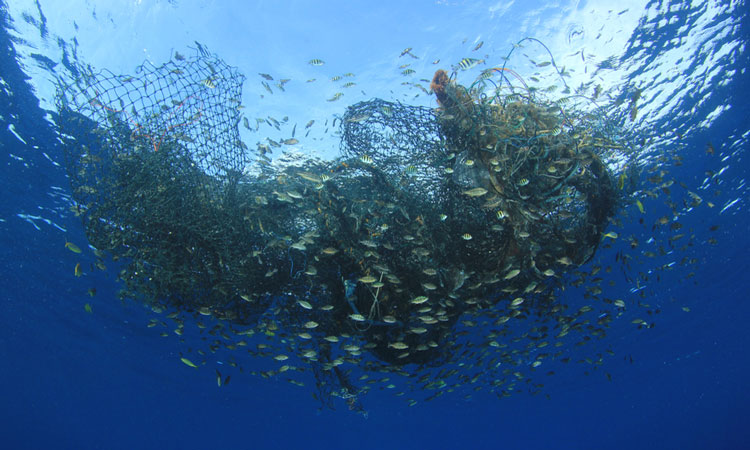Analysis reveals two thirds of EU fishing limits have been continuously set above scientific advice
- Like
- Digg
- Del
- Tumblr
- VKontakte
- Buffer
- Love This
- Odnoklassniki
- Meneame
- Blogger
- Amazon
- Yahoo Mail
- Gmail
- AOL
- Newsvine
- HackerNews
- Evernote
- MySpace
- Mail.ru
- Viadeo
- Line
- Comments
- Yummly
- SMS
- Viber
- Telegram
- Subscribe
- Skype
- Facebook Messenger
- Kakao
- LiveJournal
- Yammer
- Edgar
- Fintel
- Mix
- Instapaper
- Copy Link
Posted: 13 February 2019 | New Food | No comments yet
As the EU deadline to end over-fishing looms, and with over-fishing still on the rise, are fisheries ministers really concerned?


With just eleven months until the EU’s self-imposed deadline to end over-fishing, the Our Fish campaign today called on EU fisheries ministers to stop acting on behalf of a few industry short-term profits, and start delivering sustainable fisheries for all EU citizens, following the release of a New Economics Foundation report that demonstrates that EU member states will be fishing an enormous 312,000 tonnes above scientific advice for NorthEast Atlantic fish stocks in 2019.
Sweden, represented by minister, Sven-Erik Bucht, tops this year’s over-fishing league table with 52.4 percent of its Atlantic quota outside scientific advice, followed by the UK (John Gardiner) at 24.3 percent and Ireland (Michael Creed) at 21.7 percent. In terms of tonnes, the UK is the worst culprit, says the report, with plans to take 106,925 tonnes more than is scientifically recommended – more than double the planned over-fishing of 2nd-placed Denmark, with 49,914 tonnes.
The New Economics Foundation produces the Landing the Blame report annually, following the setting of fishing limits for the Baltic and Atlantic, to analyse whether Total Allowable Catches (TACs) have been set above scientific advice, and which EU member states benefit most from these TACs. Fishing limits for the North Sea and Atlantic are set during AGRIFISH Council meetings in December, and despite repeated requests from civil society, are not open to the public or live-streamed. This lack of transparency makes it difficult to say who is most responsible for perpetuating over-fishing, however the results clearly demonstrate who benefits most.
“Analysis shows that from 2001 to 2018, two thirds of EU fishing limits have been continuously set above scientific advice. This willful over-fishing, agreed upon by EU fisheries ministers, panders to the short-term profits of a few, to the detriment of the long-term health of the marine environment and all EU citizens who are the owners of this priceless public resource and depend on it for future security”, said Rebecca Hubbard, Our Fish Program Director.
“Instead of making serious progress to ending over-fishing by the 2020 deadline, EU Fisheries Ministers actually increased the level of over-fishing of North-East Atlantic fish stocks for 2019 by almost 10 percent on average above 2018 levels. Fisheries Ministers continue to pile up the pressure and the costs of over-fishing, instead of taking both scientific advice – and the benefits it can deliver for the ocean and our communities – seriously.
“Ending over-fishing is the clearest, simplest thing fisheries ministers can do to help restore ocean health – and every day EU ministers waste, decreases the chance for environmental, economic and social benefits in the future. We urgently need real political leadership to end this damaging cycle in 2019,” concluded Hubbard.
“If we allow fish populations to recover from over-fishing they will increase in size and after only a couple fishing seasons produce much greater catches”, said Landing the Blame author Griffin Carpenter, Senior Researcher at the New Economics Foundation.
“The resulting abundance makes for a healthier and more vibrant marine environment, but also makes good economic sense as more fish means larger catches, higher incomes, and more fish dinners.”
“It is risky and foolish that fishing ministers continue to delay the end to over-fishing all the way to the EU’s Common Fisheries Policy deadline of 2020. Ministers must act now to protect marine life,” concluded Carpenter.
Related topics
Health & Nutrition, Quality analysis & quality control (QA/QC), Supply chain, Sustainability, The consumer, Trade & Economy








